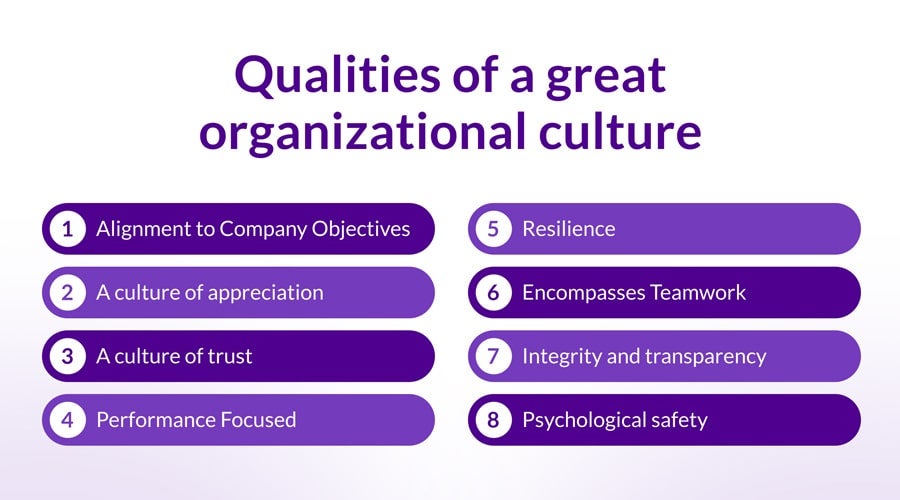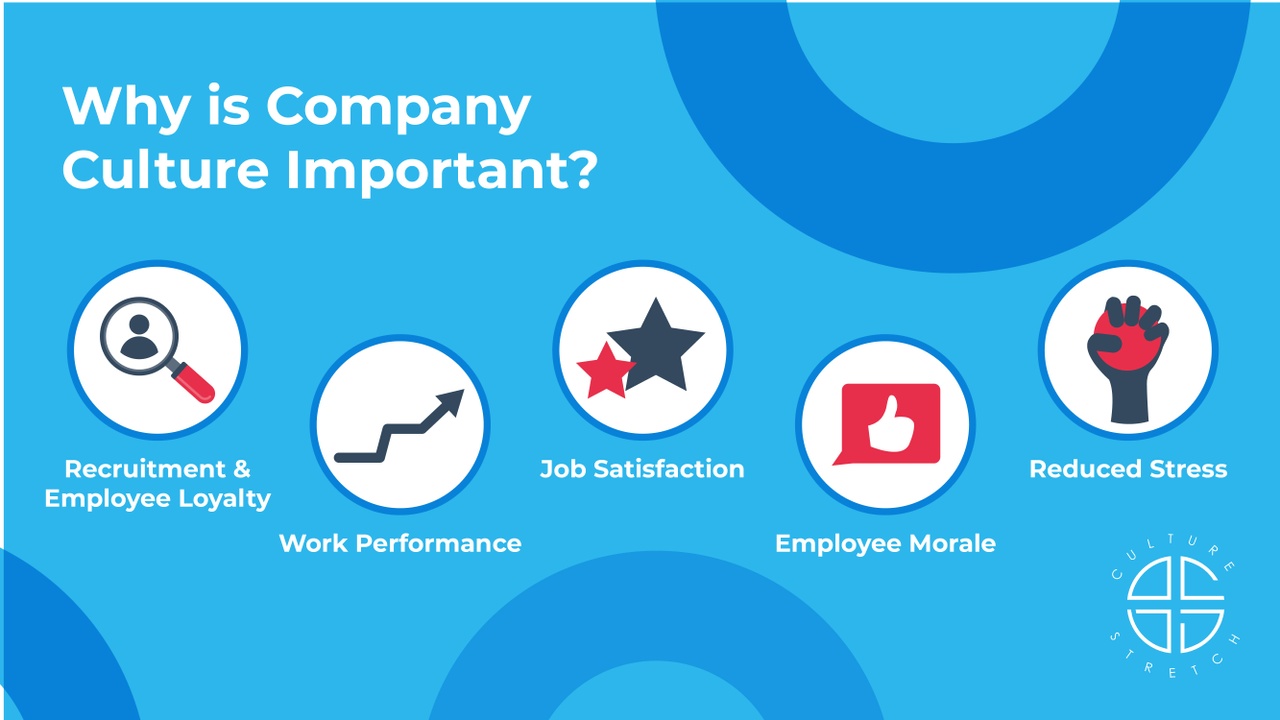Why Is A Company's Corporate Culture Important
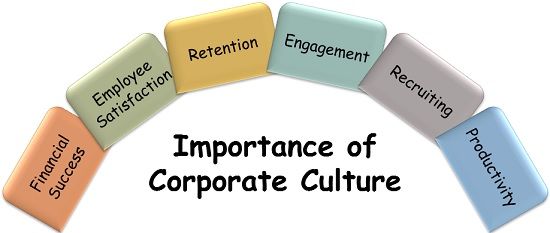
Imagine walking into a workplace where smiles are genuine, collaboration thrives, and everyone feels a sense of belonging. It's a place where Mondays aren't dreaded, and innovation blooms freely. The air crackles with positive energy, and employees are not just cogs in a machine, but valued contributors to a shared vision.
This isn't just a utopian dream, but the reality fostered by a strong corporate culture. A company's culture, the invisible yet powerful force shaping its identity, is crucial for attracting talent, retaining employees, and ultimately, achieving business success.
The Foundation of Success
Corporate culture, simply put, is the shared values, beliefs, and behaviors that define an organization. It's the personality of the company, influencing everything from decision-making to employee interaction.
According to a Deloitte study, 94% of executives and 88% of employees believe a distinct workplace culture is critical to business success. But what exactly makes it so important?
Attracting and Retaining Top Talent
In today's competitive job market, a strong culture is a magnet for talent. Potential employees aren't just looking for a paycheck; they're seeking a workplace that aligns with their values and offers a sense of purpose.
A positive and inclusive culture, one that values employee well-being and offers opportunities for growth, can significantly reduce employee turnover. As research from the Society for Human Resource Management (SHRM) consistently shows, companies with strong cultures experience lower turnover rates and higher employee engagement.
"People want to work for companies where they feel valued, respected, and have opportunities to grow," states Sarah Johnson, a leading HR consultant. She emphasizes that a well-defined culture creates a sense of belonging, fostering loyalty and commitment.
Boosting Productivity and Innovation
When employees feel supported and empowered, they're more likely to be productive and innovative. A culture that encourages open communication, feedback, and risk-taking can unlock creativity and drive innovation.
Collaboration is essential for driving innovation. A culture that promotes teamwork and knowledge-sharing can foster a more dynamic and creative work environment.
Furthermore, a strong culture can create a sense of shared purpose, motivating employees to go the extra mile. This shared commitment translates to higher quality work and increased efficiency, ultimately contributing to the company's bottom line.
Building a Strong Brand Reputation
A company's internal culture inevitably spills over into its external image. A positive and ethical culture can build a strong brand reputation, attracting customers and investors alike.
Customers are increasingly drawn to companies that demonstrate social responsibility and ethical practices. Brand reputation is directly linked to the employee experience.
Companies like Patagonia, known for their commitment to environmental sustainability, have built a strong brand reputation by fostering a culture that aligns with their values. This authenticity resonates with customers and creates a loyal following.
The Bottom Line
Investing in corporate culture is no longer a luxury, but a necessity. It's the foundation upon which successful businesses are built, attracting and retaining top talent, boosting productivity and innovation, and building a strong brand reputation.
Creating a thriving culture requires conscious effort and ongoing investment. It's about fostering a sense of belonging, empowering employees, and aligning values with actions.
Ultimately, a strong corporate culture isn't just about making a workplace better, it's about creating a more human and fulfilling experience for everyone involved, driving success from the inside out.
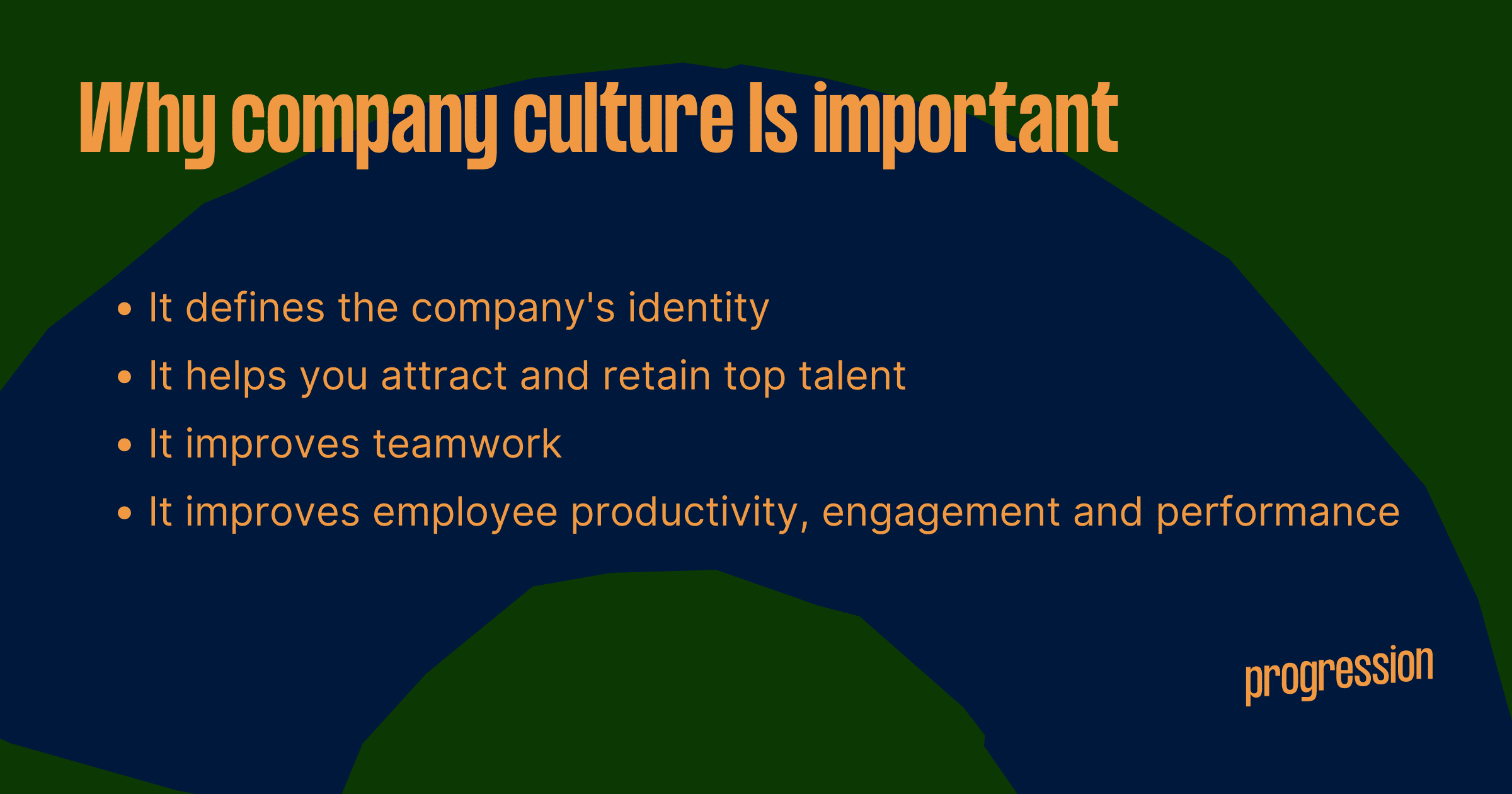


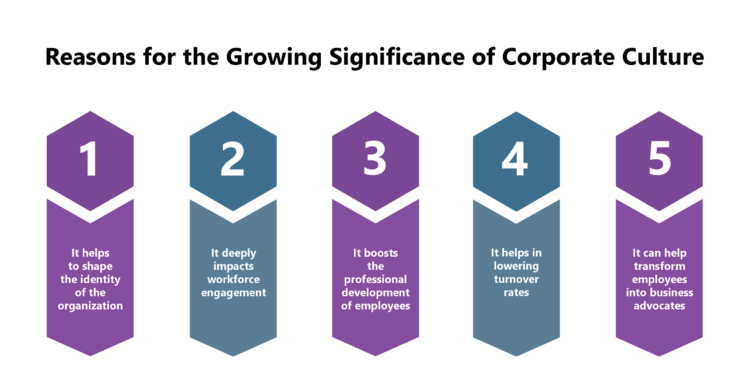



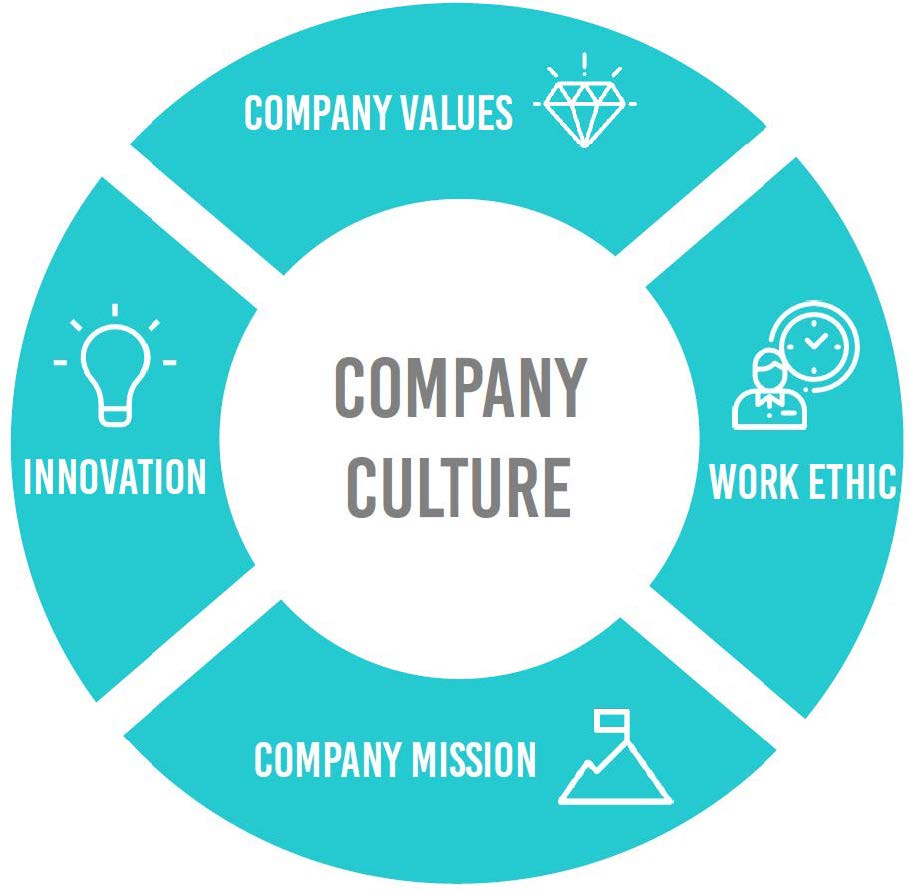


:max_bytes(150000):strip_icc()/CorporateCulture_Final_4198720-5744ada285de4eba81cc976525d00c4d.jpg)

